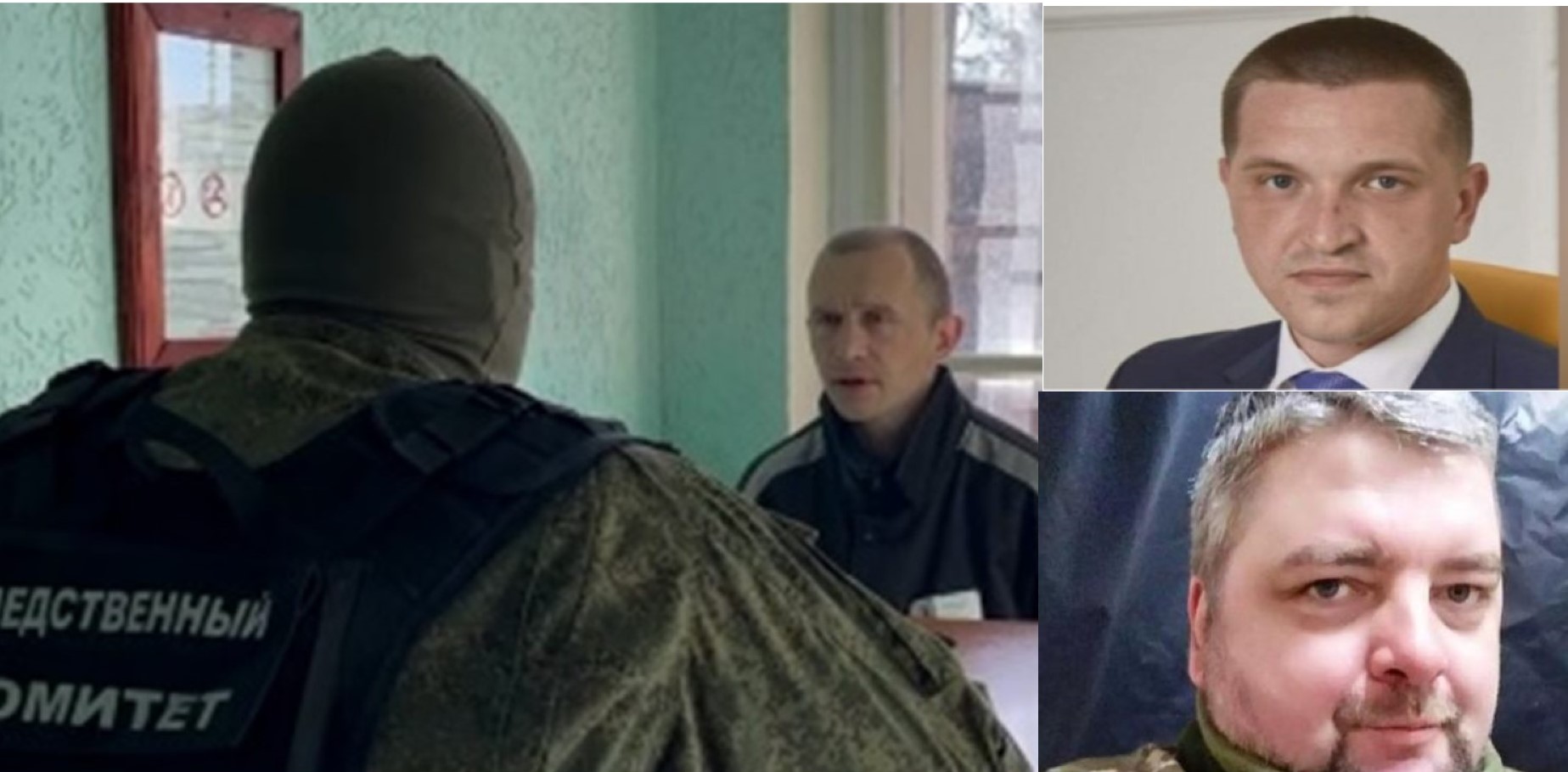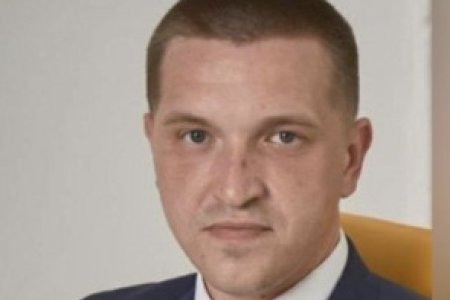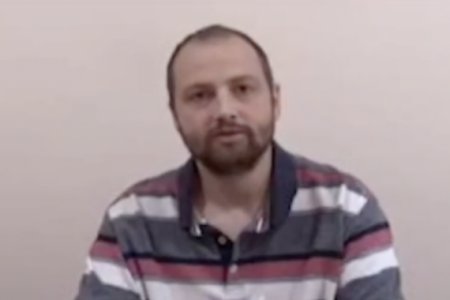
As well as abducting and imprisoning huge numbers of Ukrainian civilians, Russia is fabricating ‘trials’ of men who, in accordance with international law, have prisoner of war status. Most of these ‘trials’ are staged in the Russian proxy ‘Luhansk and Donetsk people’s republic’, with illegitimate ‘courts’ able, without any scrutiny, to ‘sentence’ POWs to long terms of imprisonment on fabricated ‘war crimes’ charges. If Russia had real evidence of war crimes, and not ‘confessions’ extracted through torture, it would be openly holding such trials and not hiding behind its puppet ‘republics’
For the moment, Russia is known to have put one Ukrainian prisoner of war – Pavlo Zaporozhets – on ‘trial’, with the difference this time that Russia is not claiming war crimes but is simply denying Zaporizhzets’ status as a POW. Instead of acknowledging that Zaporozhets was defending his country in his native Kherson which Russia, as invader, had seized, Russia has concocted extraordinary ‘international terrorism’ charges against the Ukrainian POW.
As reported, 32-year-old Zaporozhets is a war veteran who defended Ukraine in Donbas from 2014-2017. He joined Ukraine’s Military Intelligence, or HUR, after Russia invaded Kherson and was serving in that capacity when seized by the Russians on 9 May 2022. The invaders held him incommunicado for three months, first in Kherson, then in occupied Crimea. During that period, when he was prevented from seeing an independent lawyer, his captors used torture to extract a supposed ‘confession’.
Zaporozhets is now represented by Alexei Ladin, a Russian lawyer who has defended many of Moscow’s Ukrainian political prisoners. Ladin reported on 15 March that the first ‘hearing’ in Zaporozhets’ trial had taken place at the Southern District Military Court, which has become notorious since 2014 for its role in imprisoning Ukrainian citizens without any recognizable crime.
Ladin explains that the Russian FSB ‘investigators’ and the prosecutors are claiming that Zaporozhets attempted an act of international terrorism. This is untrue, he says, pointing out that Zaporozhets, as a current military serviceman within Ukraine’s Armed Forces, had been carrying out a military order when seized. He had tried to place an explosive device on the route being taken by the Russian armed forces’ military patrol in Kherson during the night from 8 to 9 May 2022. He was, however, caught at around 3 a.m.
“Despite the prosecution’s claim that Russian Federation civilians could have been hurt as a result of the explosion, I would like to note the following:
1. The explosion was supposed to take place during the night. In view of the times of the curfew hours, this excludes any threat to civilians;
2. On 9 May 2022, Kherson was, both de jure and de facto, territory of Ukraine, in connection with which the presence of Russian citizens was excluded by virtue of the law;
3. The explosive device was supposed to be placed strictly on the path of the military patrol;
4. There were no consequences of Zaporozhets’ actions.
In view of this, the defence considers that the only lawful resolution of the case would be to terminate Zaporozhets’ criminal prosecution and to hold him in accordance with the Third Geneva Convention Relative to the Treatment of Prisoners of War. A document confirming that Zaporozhets is a military serviceman and that Ukraine has identified him as a prisoner of war is attached to the case file.”
Russia is cynically using the fact that its invasion and occupation of Kherson would have necessitated certain simplification of the customary formalities for joining HUR to deny Zaporozhets his status as a prisoner of war.
Fictitious ‘war crimes’ and illegitimate ‘sentences
Russia’s Investigative Committee announced on 15 March that Andriy Neznamov, a Ukrainian serving in Ukraine’s Armed Forces, had been ‘sentenced’ by a ‘court’ in the so-called ‘Luhansk people’s republic’ [‘LPR’] to 12 years. This was purportedly for committing ‘war crimes’ in Sievierodonetsk, one of the cities in Luhansk oblast that Russia seized control of after virtually destroying. It is claimed that, on 25 May 2022, Neznamov threw a grenade into a kitchen window and injured a woman, and caused damage to her property. Russia has dropped earlier pretence about ‘LPR’ being an autonomous entity. It cites three articles of the Russian criminal code that Neznamov was convicted of and says that the ‘evidence’ was gathered by Russia’s Investigative Committee. The supposed ‘trial’, at an unidentified ‘court’, was, however, in ‘LPR’, with this of crucial significance. There is essentially no way of verifying any of the alleged ‘evidence’, nor even any chance of discovering whether Neznamov had a proper lawyer. This would seem unlikely, judging by the video which the Investigative Committee posted. On it, Neznamov ‘confesses’ to the alleged crimes in language and a manner that suggest he was reciting a learned text, with his ‘repentance’ doubtless also part of the performance forced from him. There is no attempt to even make this seem at all realistic.
This was the fourth ‘LPR sentence’ against Ukrainian prisoners of war in less than a week. In all cases, Russia claimed ‘war crimes’, without any possibility of examining the grounds for such allegations. The three men ‘sentenced’ to huge terms of imprisonment included Maksym Butkevych, who joined Ukraine’s Armed Forces after Russia’s full-scale invasion, but is very widely known, both in Ukraine and beyond, for his work as a human rights defender and journalist. Not only is there no evidence to confirm the Russian claims, aside from a ‘confession’ that was almost certainly given under duress, but there are serious grounds for believing that Butkevych and his unit were nowhere near the place of the alleged ‘war crimes’.



